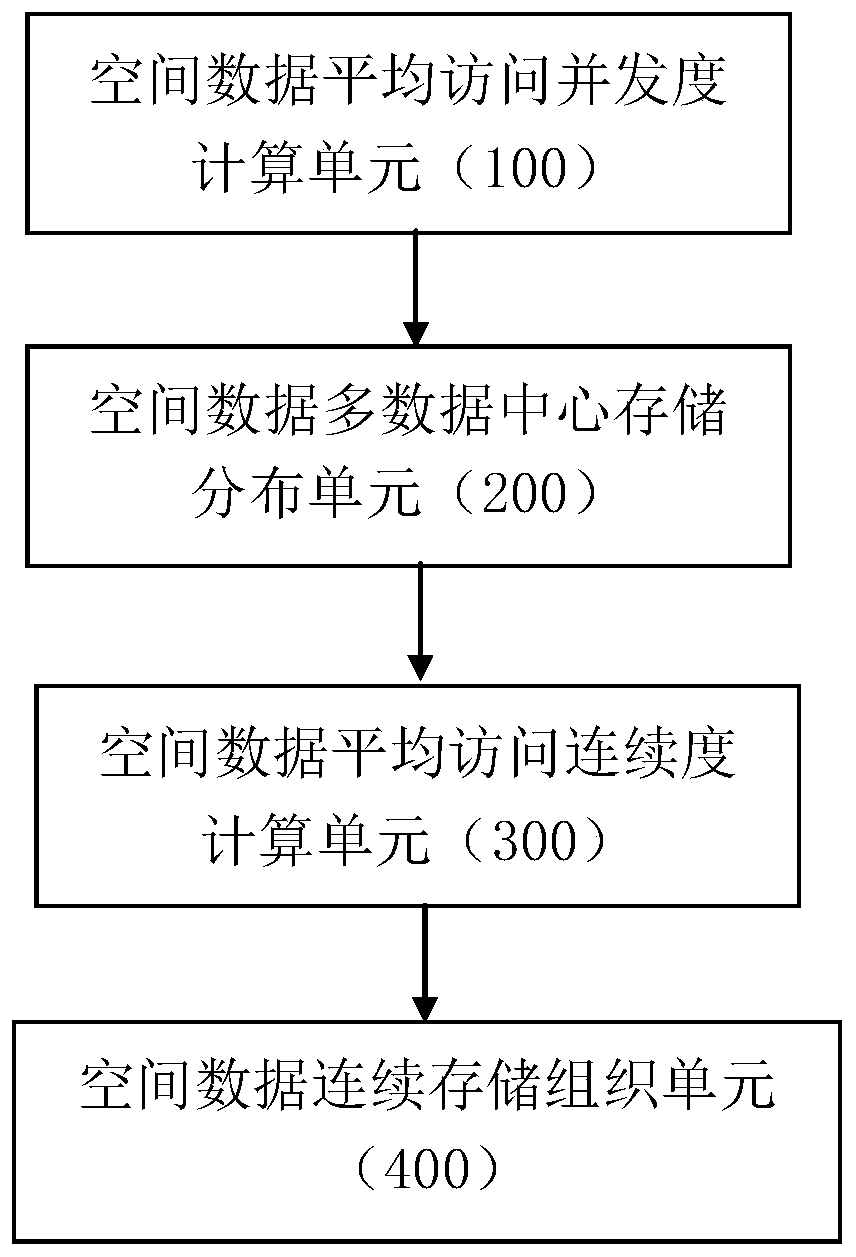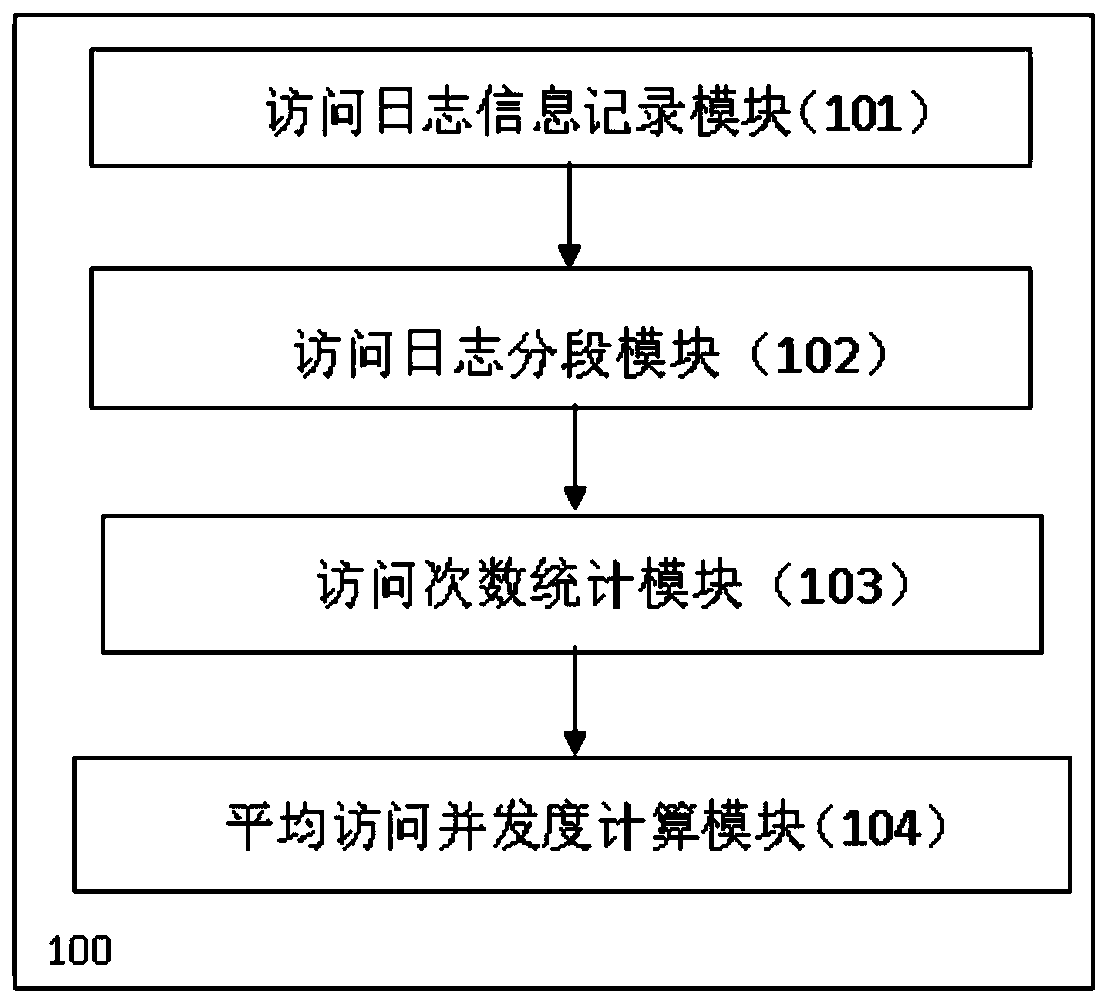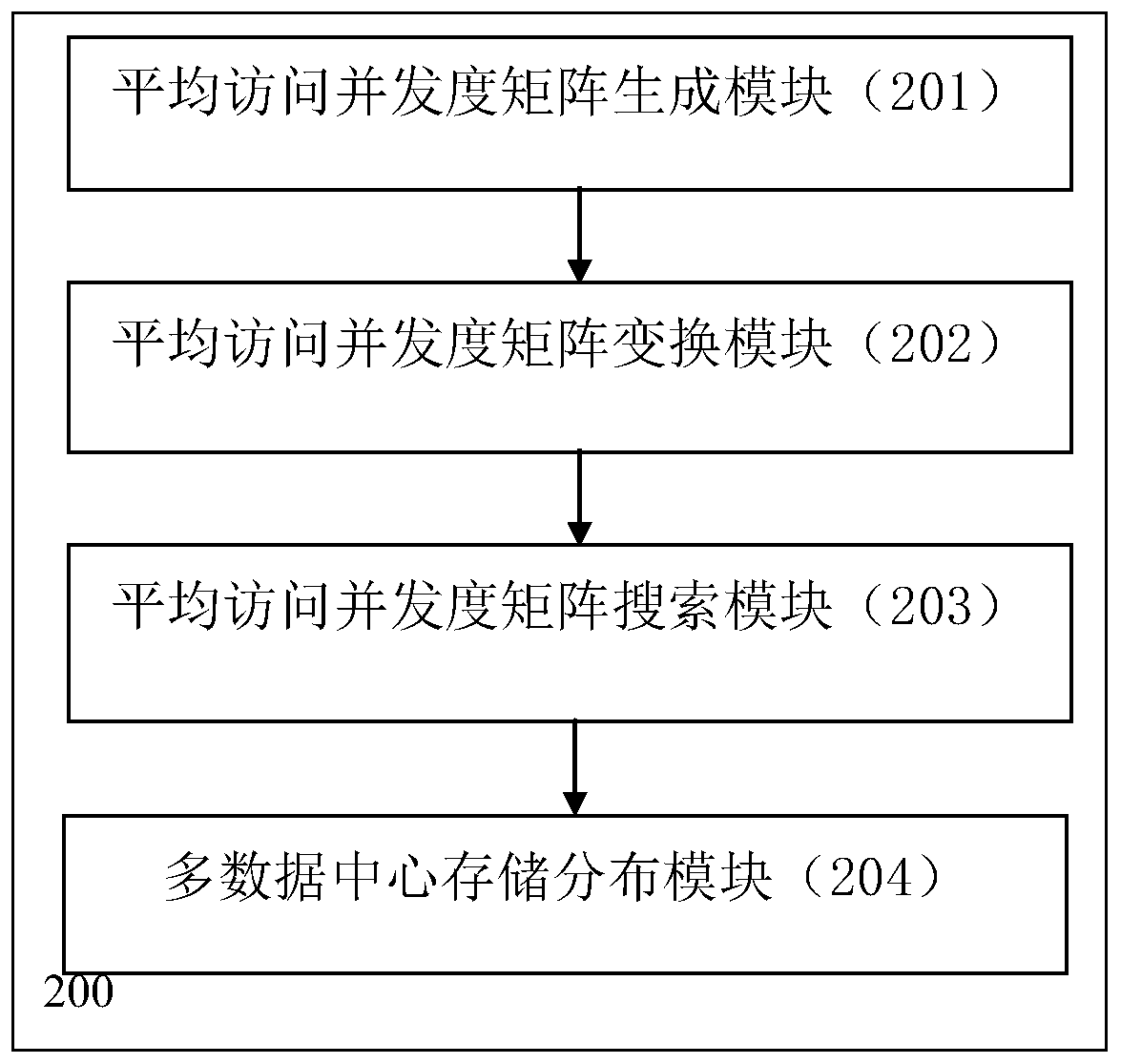Spatial data storage organization method and system considering load balancing and disk efficiency
A spatial data and load balancing technology, applied in transmission systems, geographic information databases, structured data retrieval, etc., can solve the problem of not being able to meet the load balancing requirements of geographic information systems and high-efficiency disk I/O requirements at the same time.
- Summary
- Abstract
- Description
- Claims
- Application Information
AI Technical Summary
Problems solved by technology
Method used
Image
Examples
Embodiment Construction
[0095] In the face of large-scale user access, the distributed geographic information system needs to distribute and store simultaneously accessed spatial data on different server to improve load balancing performance; at the same time, store continuously accessed spatial data in the continuous disk space of the memory to reduce the search and movement of the magnetic head and improve storage performance. Considering the requirements of the above two aspects of geographic information system, the distributed storage organization of spatial data is an effective way to meet the large-scale user access service performance of distributed geographic information system.
[0096] The present invention designs a spatial data storage organization method considering load balance and disk efficiency, and ensures load balance performance by distributing and storing data with high average access concurrency in different servers. At the same time, within the same server, the spatial data wit...
PUM
 Login to View More
Login to View More Abstract
Description
Claims
Application Information
 Login to View More
Login to View More - R&D
- Intellectual Property
- Life Sciences
- Materials
- Tech Scout
- Unparalleled Data Quality
- Higher Quality Content
- 60% Fewer Hallucinations
Browse by: Latest US Patents, China's latest patents, Technical Efficacy Thesaurus, Application Domain, Technology Topic, Popular Technical Reports.
© 2025 PatSnap. All rights reserved.Legal|Privacy policy|Modern Slavery Act Transparency Statement|Sitemap|About US| Contact US: help@patsnap.com



